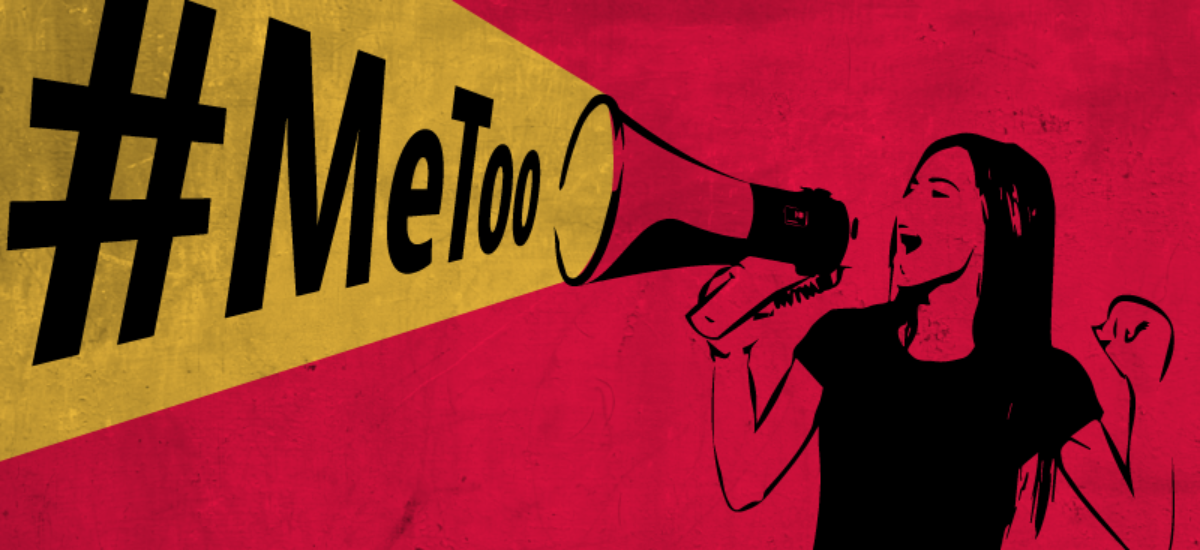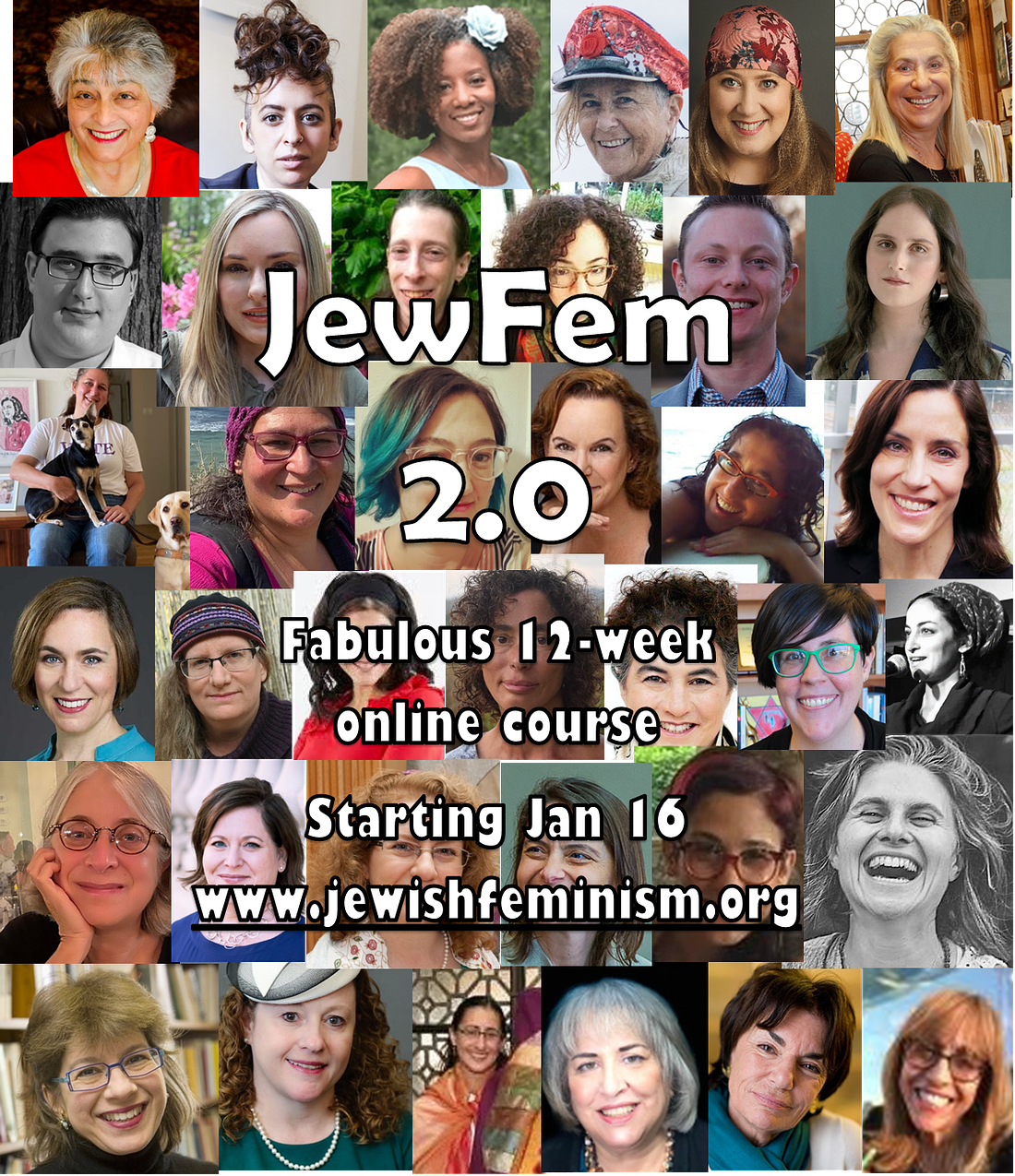
I was preparing for my layning, my turn at chanting the Torah portion, when I stopped short. I could not get the words out. The melody of the chanting, the “trop”, is joyful, uplifting, and in a major key. But I couldn’t do it. Because the words I was chanting in that normal trop were about rape – specifically, the rape of Dina by Shechem, the non-Israelite son of Ham the Hivite. V’yishkav otah vaye’aneha – And he laid her down and tortured her. (Genesis 24;2) How do you chant about rape? How do you sing in the normal uplifting tune, as if everything is normal, when the story is about this awful violence against a girl? One more moment of being a woman entering a man's world, a reminder that everything we know and do, pretty much, was constructed by a male perspective. For thousands of years, when chanting the Torah was the realm of men’s work, these words were chanted just as all other words in the Bible. Because, of course they were. To be fair, the bible does not exactly condone the rape of Dina. On the contrary, the entire story that follows is about the rage of Dina’s brothers at such an awful thing, the vengeance they sought, and the way they suffered in the long term because of their uncontrolled anger. And while the reader is led to believe initially that their rage was about the fact that Shechem was uncircumcised and therefore impure, we soon realize that this was just a ruse. After all, every man in the town went through circumcision in order to make the rape palatable to the Israelite brothers, but the two of them massacred the entire town anyway. So, it is safe to assume that the brothers were pretty angry about what Shechem did to their sister, and not merely because his penis had a foreskin. And to be quite honest, part of me is grateful to Shimon and Levi for caring. After all, there are a lot of terrible things that happen to women in the bible that barely get noted. Most of the time, the mistreatment of women is treated as par for the course. Grabbing, silencing, using, abusing, ignoring, marrying off against their wills, covering, punishing, blaming, manipulating, hurting, selling off, and yes, raping women and girls are all in the Bible.Just the culture, the way things were done back then, or something. We read this, we treasure these books, we chant the stories with celebration and fanfare, and move on. So at least here we have this monstrosity of a brutal massacre by brothers who seemed to be genuinely upset about their sister's rape. It’s as chivalrous as it is horrifying. For the most part, the Jewish tradition reads all these texts with the same tune. A recitation of our history for the purpose of remembering. The good and the bad. But I couldn’t do that this week. This was a big responsibility for me. I am figuring out...













